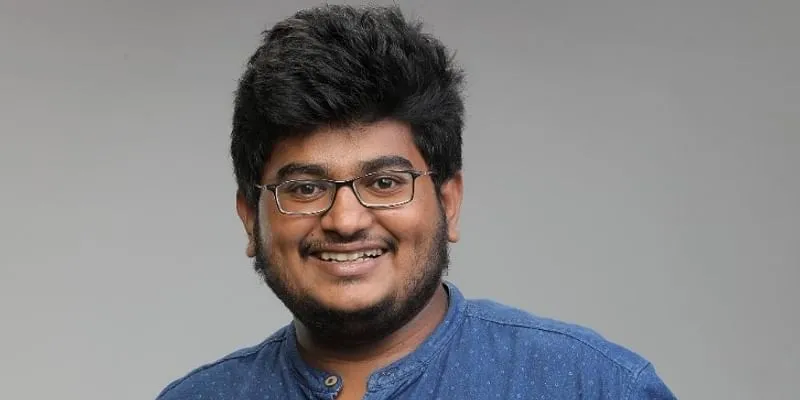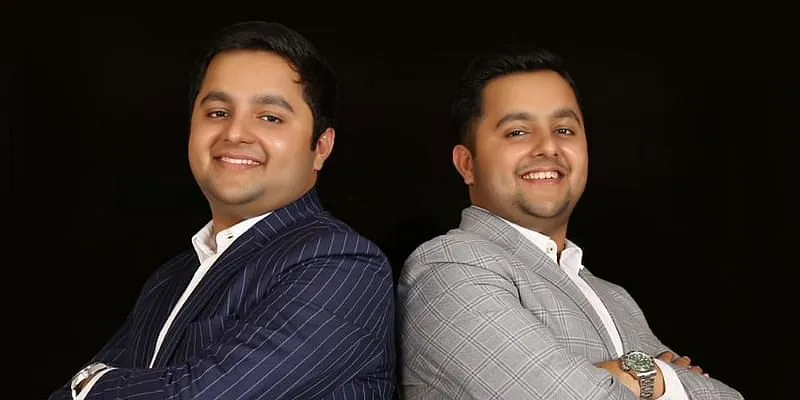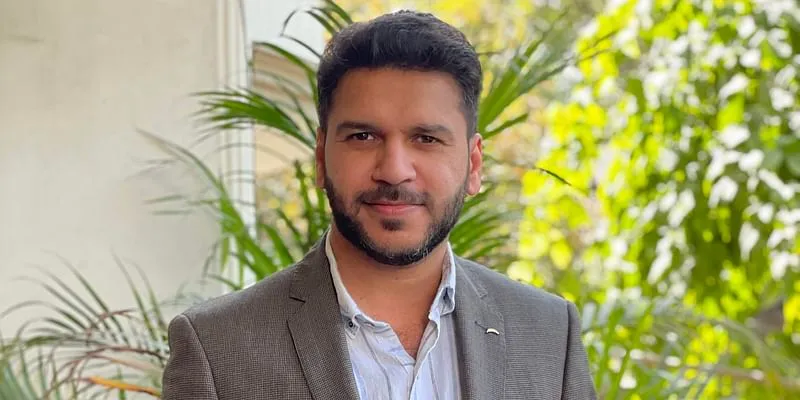International Youth Day: How these young founders started and built successful businesses
Many young Indian founders have shown it doesn’t always take decades of experience to start and run a successful small and medium business. This International Youth Day, read how these young founders came together to start their own businesses and create jobs.
International Youth Day (IYD) is observed in 18 countries, including India, and seeks to draw attention to cultural issues surrounding youth.
Unemployment is one such persistent problem among Indian youth. Rather than address it through seeking job roles and placements, youth are often encouraged to start their own businesses and create jobs for others.
And many young founders have shown it doesn’t always take decades of work experience, failures and learnings to start and run a business.
This International Youth Day, read four stories of how these young founders came together to start their own small and medium businesses (SMBs).
Ashish Shinde - Empire Media

Ashish Shinde, Founder, Empire Media
Helping small-scale, traditional businesses with digital branding, social media, and ecommerce is Ashish Shinde’s bread and butter.
For him and his friend Rameshwar Jagdale, the motivation behind founding Empire Media in 2017 was to provide affordable and bespoke branding to India’s MSMEs - a service that Ashish claims large digital media firms and MNCs cannot provide effectively to the nation’s smallest businesses.
According to the young founder, “MNCs provide branding services to larger clients, and their one-size fits-all approach doesn’t work for MSMEs. There is also a misconception among MSMEs that such services are only for modernised, established organisations.”
At present, Ashish’s 15-member firm has 18 MSMEs on retainer, and has worked with 45 small business clients in the past. It is working at a time when the impact of the COVID-19 pandemic has turned India’s small business sector on its head.
Yuvraj Bhardwaj, Yashraj Bhardwaj - Petonic Infotech

Yuvraj and Yashraj Bhardwaj
Twins Yuvraj and Yashraj Bhardwaj developed a keen interest in scientific research, technology innovation, and business consultancy when they were just 14. They were hooked on reading research journals, coming up with research ideas, and learning about innovation.
In 2017, at the age of 17, the two patented their research and used the funds from grants, fellowships, and prizes to start Petonic Infotech, a consultancy services enterprise.
Petonic Infotech began by providing consulting services to enterprises of various sizes in sectors such as technology, finance, agriculture, manufacturing, F&B, healthcare, as well as government bodies.
While the brothers did not disclose the company’s revenue, they claim to have managed and worked on client assets/projects worth $860 million so far, adding that their outcome-based business model has been a success factor. The 120-member, mid-sized enterprise also works on a fixed-fee model.
Ayush Agarwal, Nhar Gosalia - Mush Textile

Mush founders Ayush Agarwal (left) and Nihar Gosalia (right)
Engineering batchmates and friends Ayush Agarwal and Nihar Gosalia loved to discuss business ideas with each other.
Nihar, whose family ran a B2B textile business, realised bamboo fabric was a relatively unexplored concept in India. When he shared his finding, Ayush, who had seen ecommerce sellers grow at Amazon, immediately felt bamboo fabric would work well on online D2C channels.
“In 2018, we quit our jobs to start Mush Textile in Ahmedabad and bring to life our vision for products made from bamboo fabric. We sell bath towels, face towels, bath sets, and socks made from bamboo fabric on Amazon, Flipkart, Myntra, Tata Cliq, etc,” Ayush says.
“Last FY, we clocked Rs 4 crore revenue, and in the last 12 months, we recorded Rs 7 crore. This year, we aim to reach Rs 12 crore.”
Diwaker Vasistha - Zreyasa

Diwaker Vasistha
When Diwaker Vasistha returned from Canada after his post-graduate degree in marketing and project management, he decided not to join his family’s third-party pharma manufacturing business.
His uncle Arun and brother Sidharth came from a pharma background and were deeply invested in running Vasistha Pharmaceuticals in Gurugram. But Diwaker did not want to get into the B2B side of the chemicals and the pharma industry.
Instead, he leveraged his family’s existing manufacturing infrastructure and expertise to launch Zreyasa, a B2C skincare, wellness, and hygiene brand, in Delhi in 2018. His uncle and brother joined him as co-founders.
He then began selling hand sanitisers to a few corporate customers as well as end-consumers through retailers, distributors, online marketplaces, and its website. Diwaker claims Zreyasa clocked a Rs 4.3 crore revenue in FY 2020-21.
Edited by Megha Reddy







